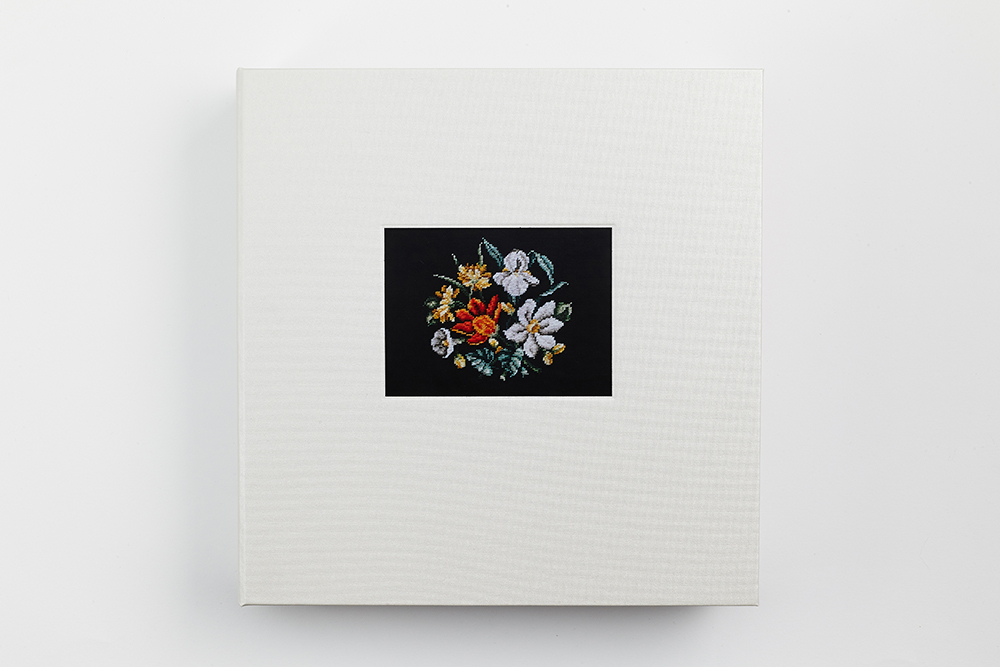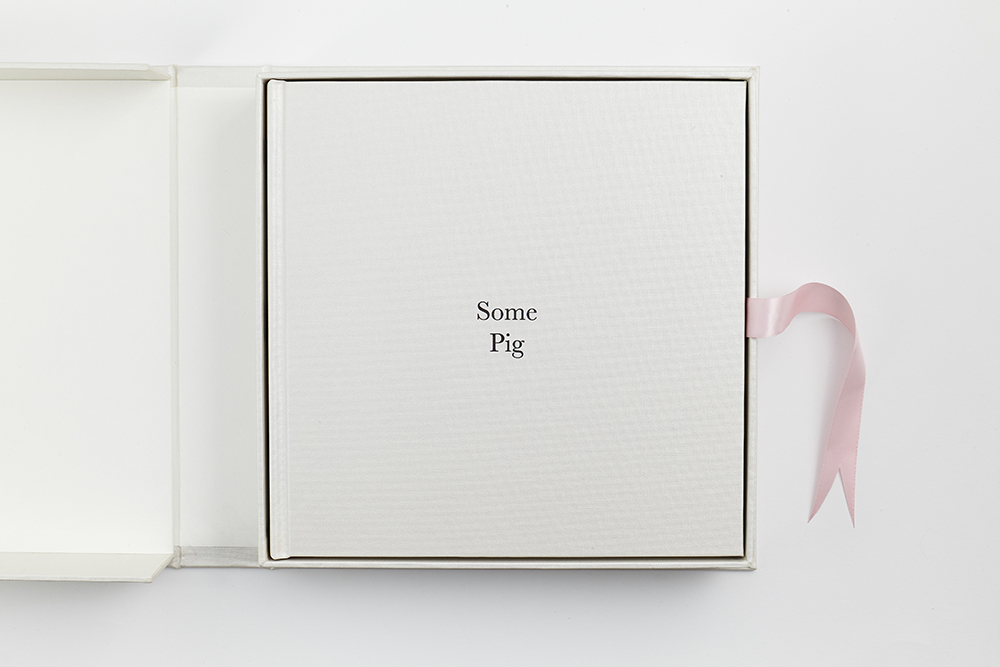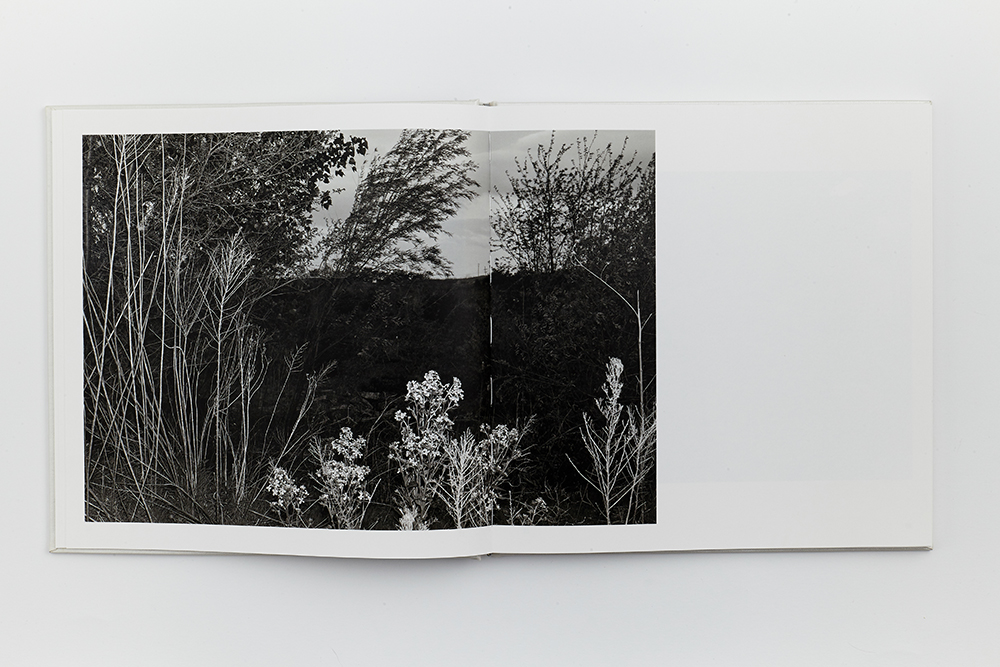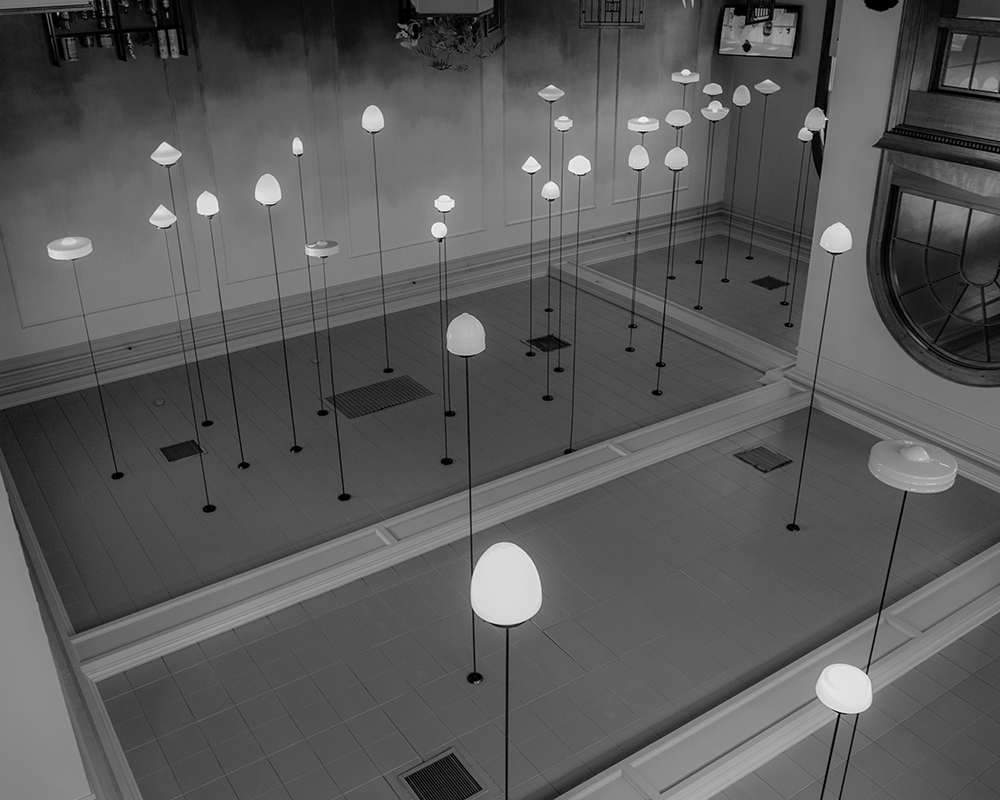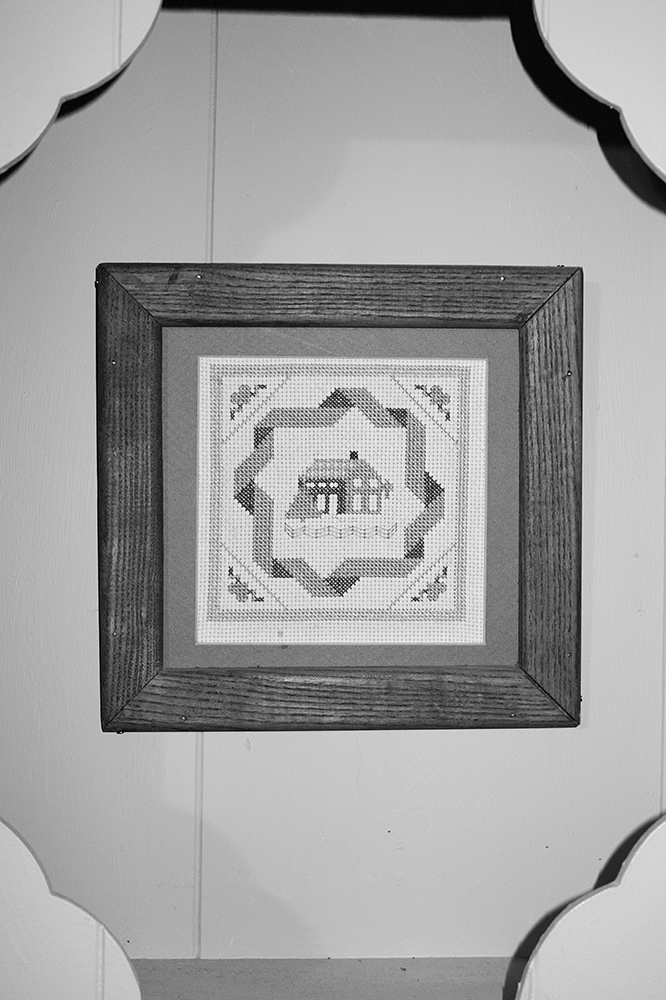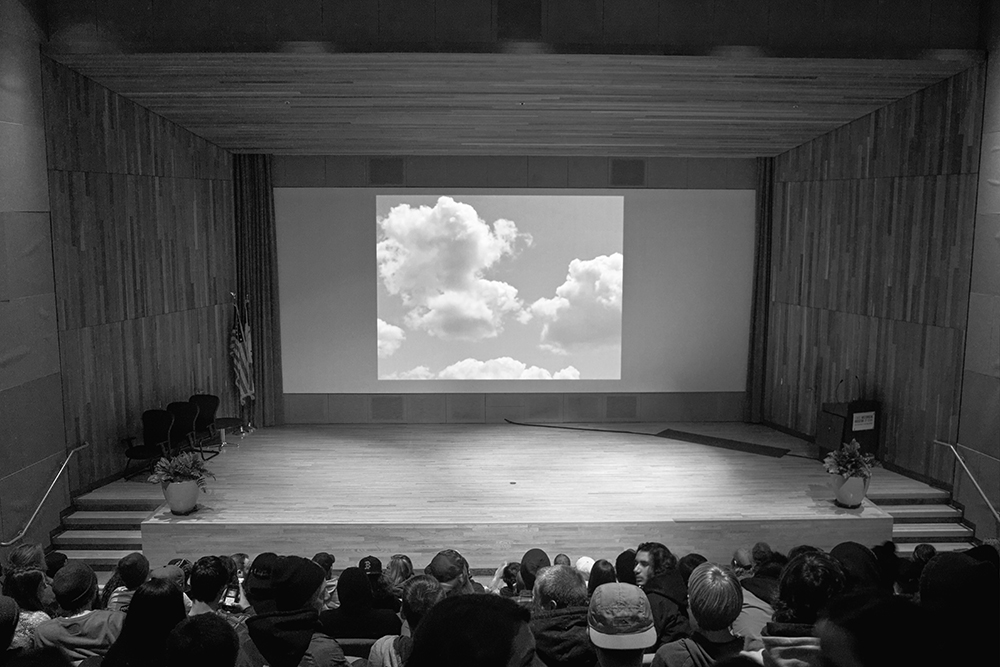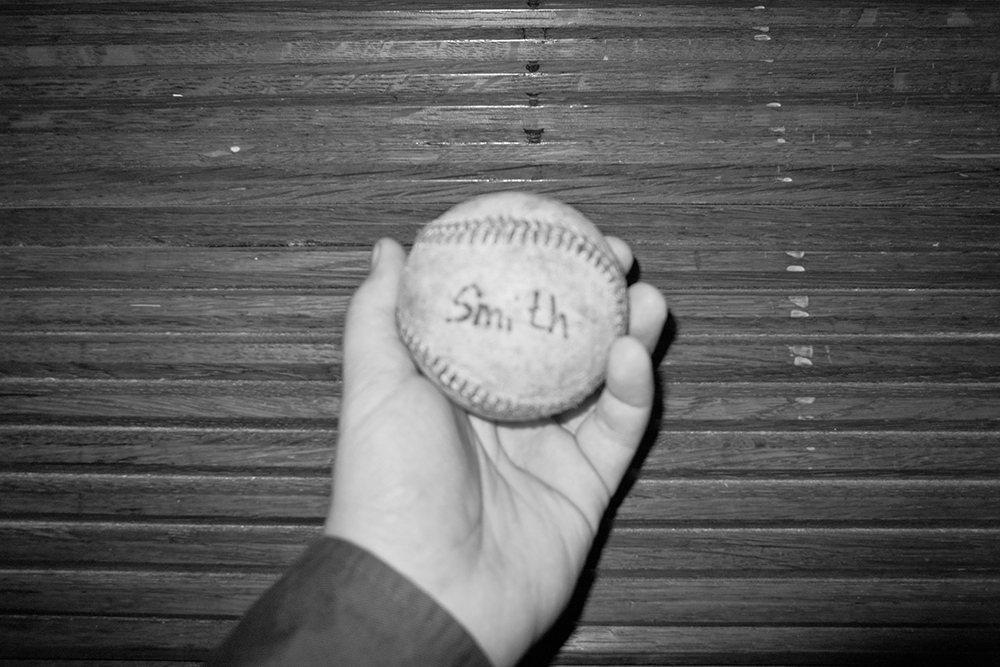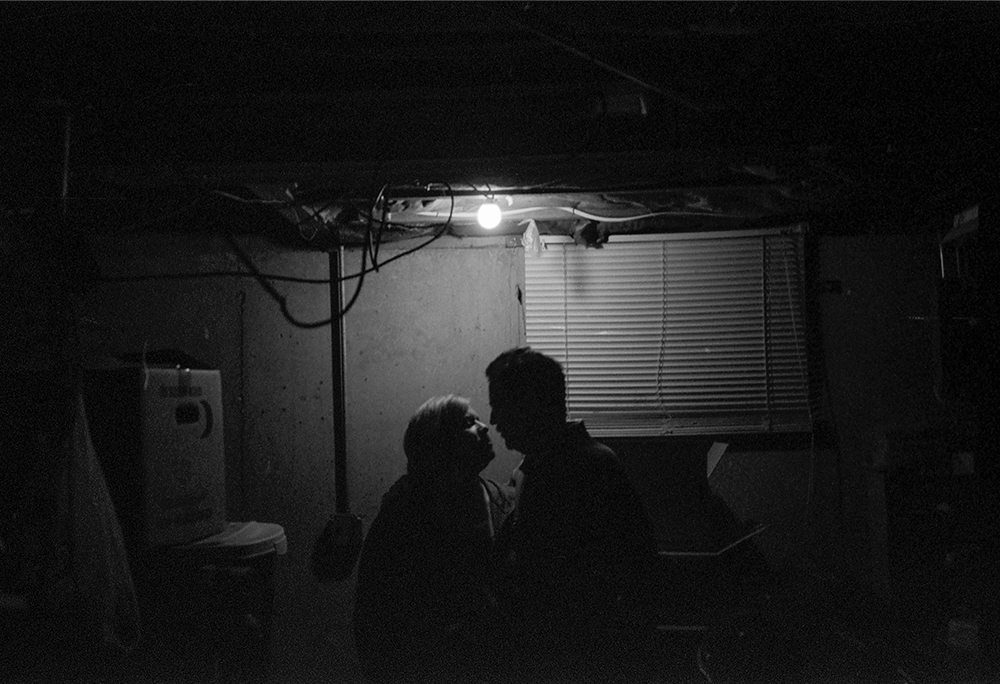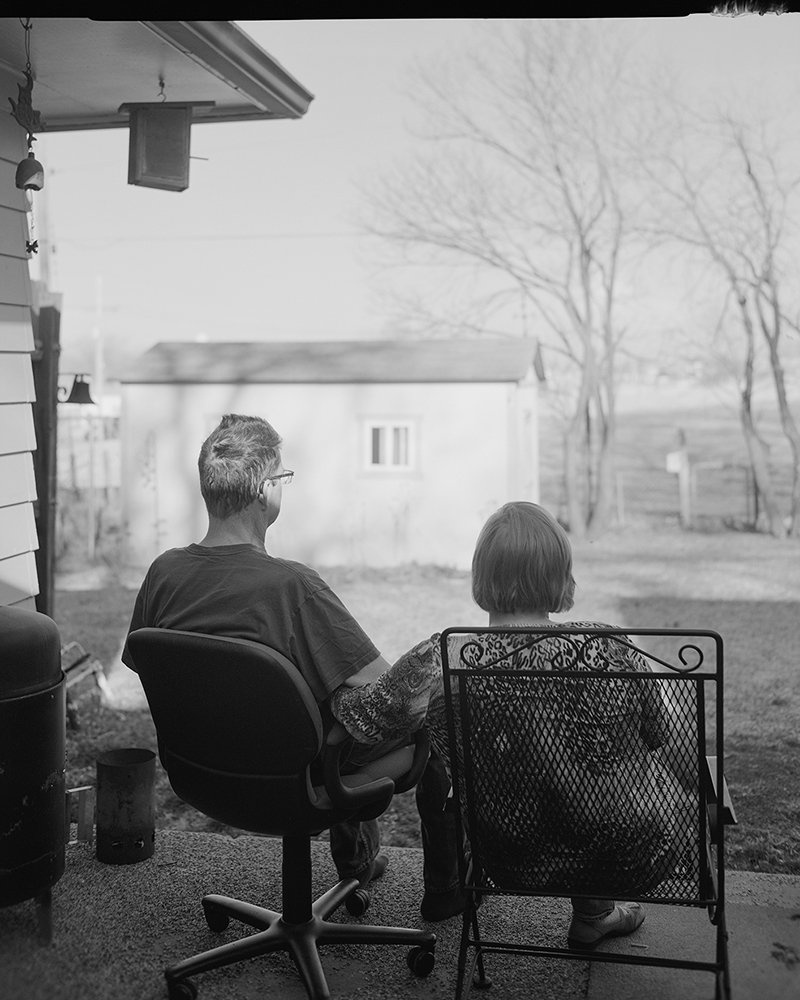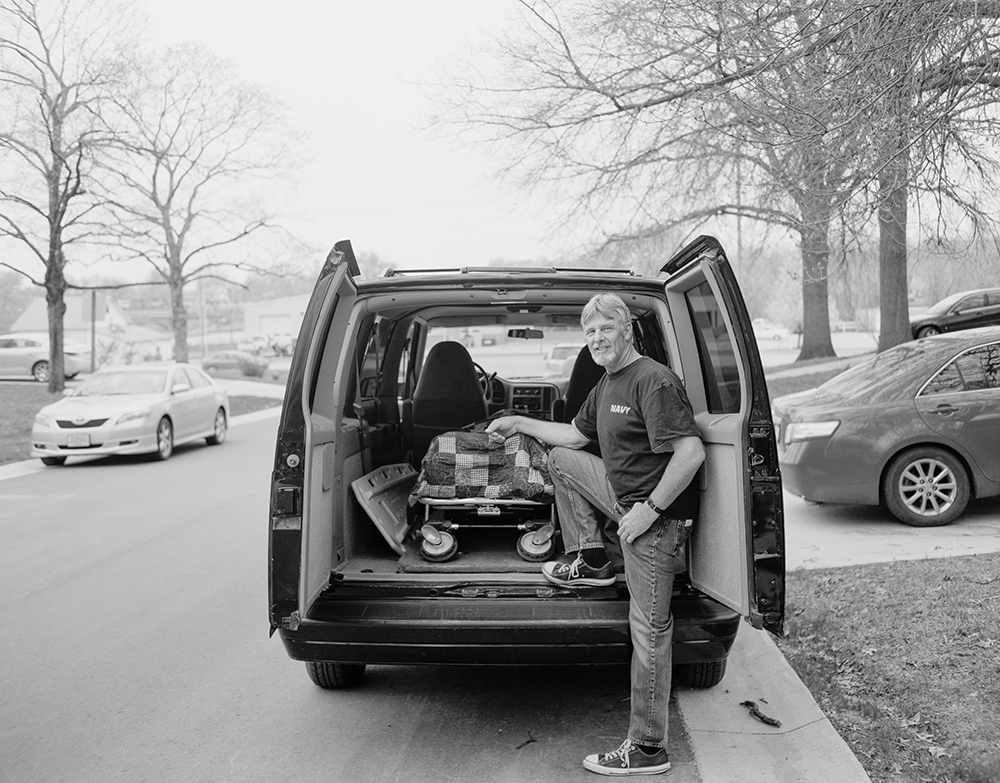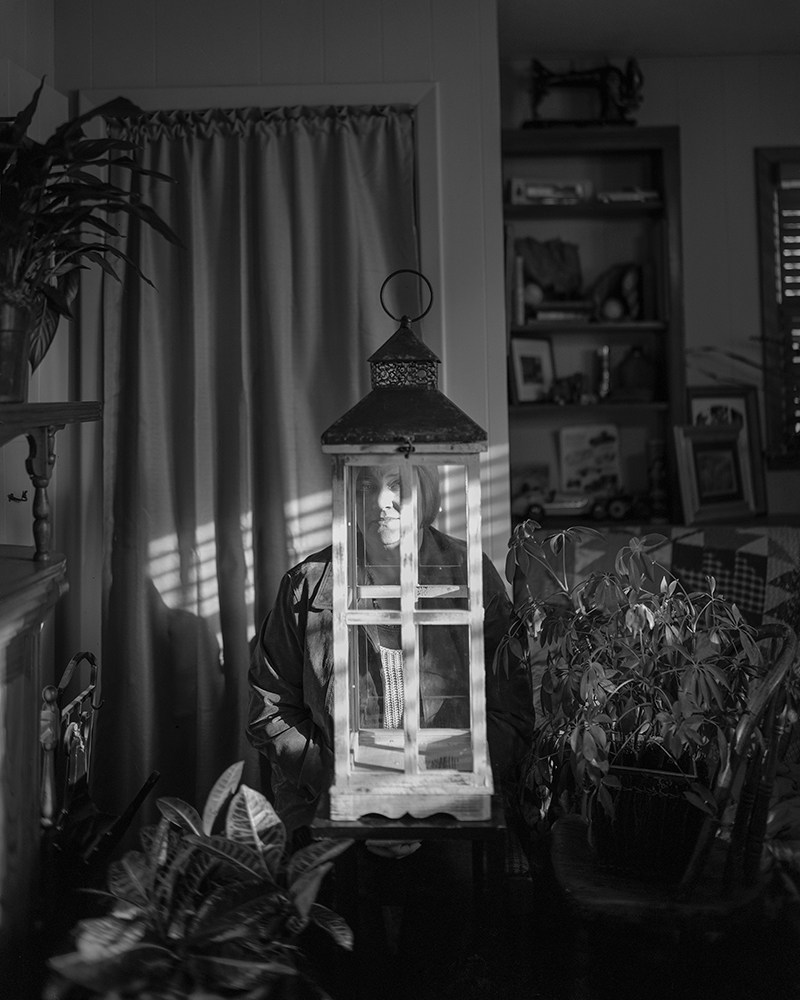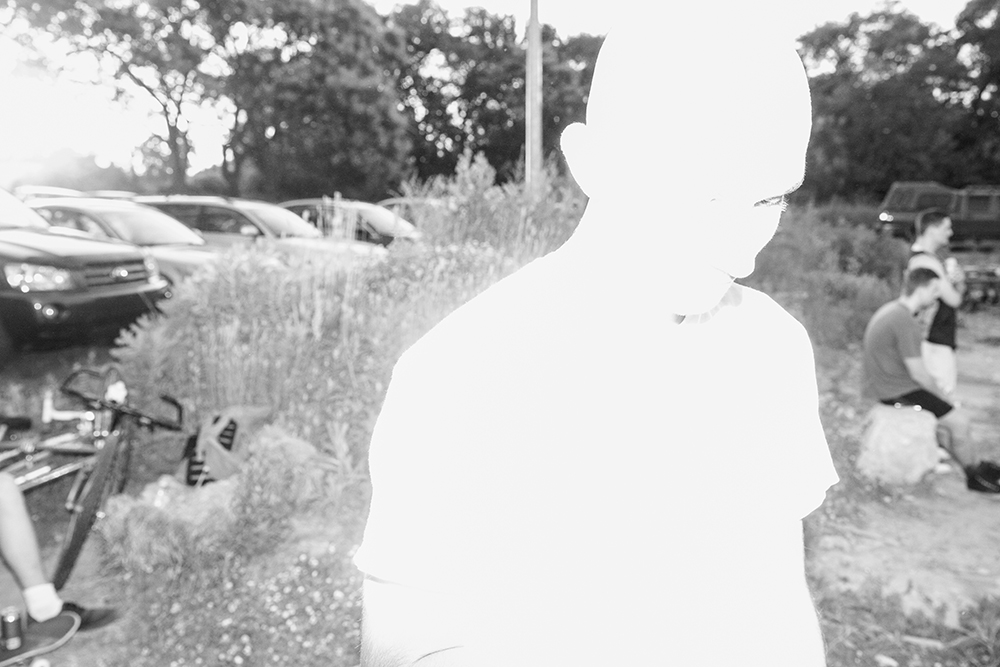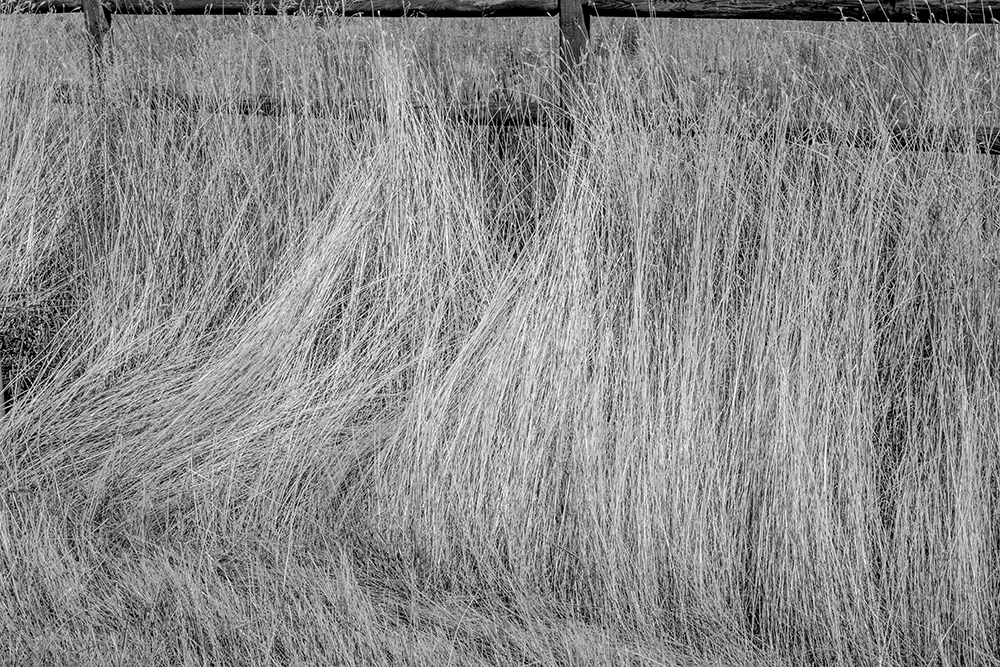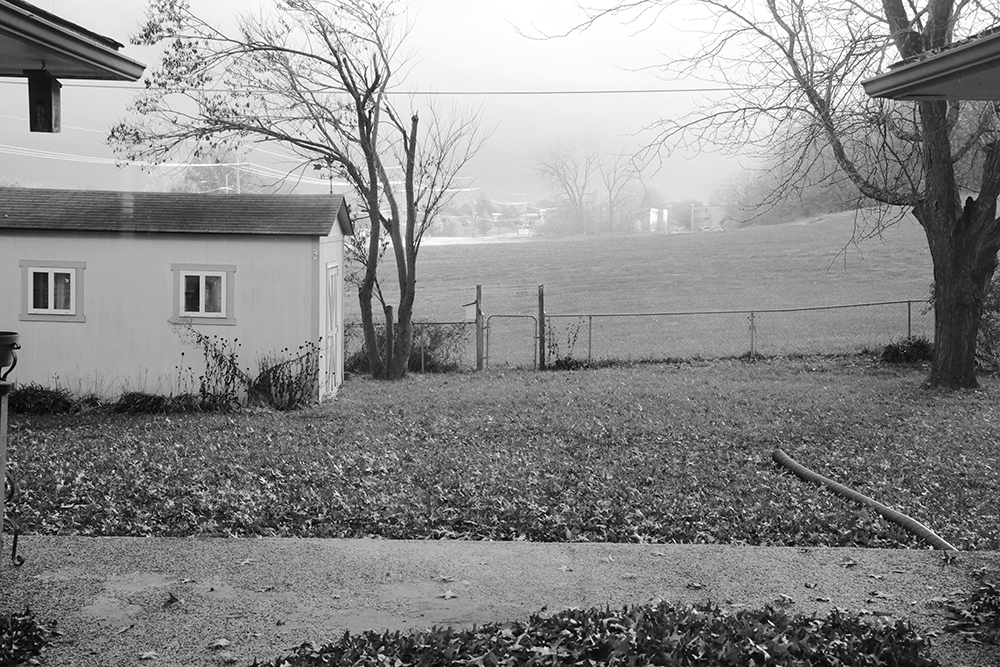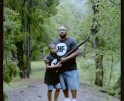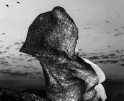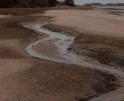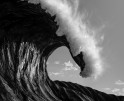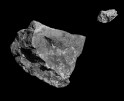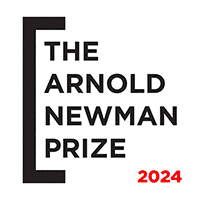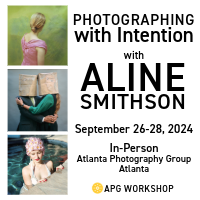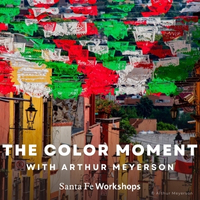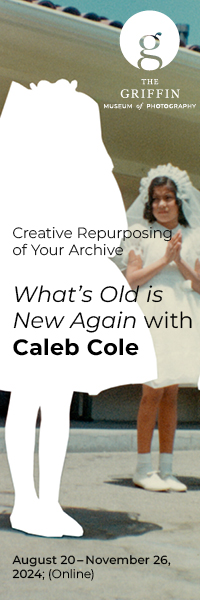Photographers on Photographers: June T Sanders and Alec Logan Smith
This month, we feature our annual August project, Photographers on Photographers, where visual artists interview colleagues they admire. Thank you to all who have participated for their time, energies and for efforts. Today we are happy to share this interview with June T Sanders‘ interview with Alec Logan Smith. – Aline Smithson and Brennan Booker
When I first sat down to look at Alec Logan Smith’s work- they silently dropped a giant, hardbound, woven photo-book in front of me. It had a quilted pattern on the cover and was the color of a post-storm Midwest sky. The inside, titled plainly, SOME PIG. I can’t remember the last time I had looked through a book so slowly. By the time I flipped past the first picture I was enamored. By the time I was halfway through it I was close to tears.
Alec’s photos feel like tracing a memory through the physical world. Their work is tender and true and sprinkled with an energy that simultaneously makes me mournful and happy to be alive. Motifs and metaphors are infused into familial and complicated imagery for anyone who has lived — or still lives — in a place that feels so far from anything. Where everything is as much a symbolic representation as it is a subject. Where family, love, and home are as scattered and cared for as the fields that surround them.
A couple holding hands in a makeshift lawn chair, looking out to a flat landscape stretching for miles. Cornfields lit up in a rear view mirror at midnight. A baseball with SMITH scribbled in sharpie. An embrace in a poorly lit basement. The gentle sway of grass against a fence, growing taller than we will ever be.
Alec Smith was born (1991) and raised in Kansas but currently lives and works in Philadelphia. Smith is an artist who makes photographs. Central to their practice is exploring grief, energy, love, and the existence of consciousness within life and death.
June T Sanders (b. 1993 Kennewick, WA) is a trans photographer from the shrub steppes of Eastern Washington State. She lives there still. She is a recent Teti Photography Research Fellow and currently teaches photography at Washington State University and the New York Summer School of the Arts. Her work is about gender, dirt, expansions, home.
Some Pig
One of the surest laws of science is that energy never dies. Within a photograph the elliptical narrative is contained and can be revisited. It is not reality. It is not memory. It is ideas of existence.
Growing up with my father as a taxidermist there was always death and preservation present. While he was passing of prostate cancer I chose to create a narrative. Using photography, and the truth we seek in it, to fill in those gaps where memory fails.
June T Sanders: To start, can you tell me about Kansas? What is it like out there? And how does your upbringing find itself in your work & how you move through the world?
Alec Logan Smith: The horizon line.
I grew up in a small town 45 minutes south of anywhere worthwhile and I always felt like I was looking out to where I wasn’t. Complete vastness
So most of the time when I make a photograph I am conscious of where I am to the horizon line. Like that is where all the weight is in how I balance a composition, even if there is no horizon line visible I am thinking of it. The past two years I have lived in a city and I really miss the horizons. I know how to appreciate Kansas now.
Growing up, though, it was a love hate relationship. There is a little aggression behind the “some pig”, not at my dad, but at some of the ideologies I grew up around and the filters of peripheral religious conservatives that, for worse or better, affected the way I look at death and afterlife. Kansas is in there for sure. It’s all textures like grass, wind, rippling water, fake vinyl wood, quilts, bad wallpaper.
JTS: Your photos for me have always been so real and sincere and personal — while containing this universal, emotional resonance. It feels refreshing and rare. Can you tell me about your process and motivations and what you’ve learned from them?
ALS: Thank you! I am a slow grow. For instance this body of work Some Pig has taken five years. I wanted to be tender, responsible, and not filled with just graphic images of someone dying. Also when I started this work I was in school which kills your sense of how to “finish” something because it’s all quick fabricated project based timelines. This is processing grief and I wanted to slow down once I left the institution.
I have learned I have to react to my impulse. Follow my interests. Empathy is important for how I move through the world. I have a lot of faith in photography though to reveal what I can’t put into words.
When I start sequencing images together I get goosebumps sometimes. It’ll just all pull together at once like a subconscious to create a sort of poetic sentence.
JTS: Could you discuss the role and function of your photographs? Do you see them as archival records, poetry, or something else?
ALS: Oh I like the something else part. But yes poetry for sure.
JTS: Your work focuses a lot on energy, grief, and love. Can you tell me a little about how these concepts inform your work and vise versa?
ALS: The denial part of grief is such a powerful human emotion so that informed a lot of my decisions to use simple gestures of rotating image orientation to activate this feeling of floating.
In terms of love. I am such a lover (libra) it’s insane so I approach everything with an open heart through and through. It will always inform my work and my impulses to want to photograph things like hugs because I simply love hugs. I want to inject more optimism into my photographs.
JTS: What does it mean — to you — to trace an idea, memory, or experience in the physical world?
ALS: It’s fun and comforting to indulge but it’s hard to believe whether that memory is real or affected by a catalyst, like a photograph.
JTS: Who or what do you draw inspiration from? In your day to day life, as well as your artistic one.
ALS: The way I think about sequencing images is with a tempo. This is from my background as a musician. I also spend a lot of time not making pictures and living. I bake, like a lot, it reminds me of being in a darkroom and a lot of my flow is digital now.
Lately, I have been finding most inspiration in disruption. I am a creature of habit, so I want to break my routine by using different cameras and focal lengths and stuff.
The who is my favorite part because I am so inspired by other image makers especially my peers.
Since we were talking about myspace together the other day, here is my current “Top 8”
Gioncarlo Valentine
Ian Lewandowski
Tammy Mercure
Deana Lawson
Gregory Halpbern
Alessandra Sanguinetti
Davion Alston
Megan Pobywajilo
JTS: Describe a perfect day.
ALS: I would wake up early at six am and bake two loaves of bread. Then me and my partner Kat would get a one egg eye opener at this diner with blue vinyl seats and share coffee by a graveyard. All friends from far and wide would then meet up to go swimming and hiking in the river. There would be no cameras. Share one loaf with someone. Have a picnic and some Gelati water (wooder) ices. Of course, leave a little room for chaos because you don’t want it too predictable you know?
Posts on Lenscratch may not be reproduced without the permission of the Lenscratch staff and the photographer.
Recommended
-
One Year Later: Christian K. LeeJuly 20th, 2024
-
One Year Later: Nykelle DeVivoJuly 19th, 2024
-
THE CENTER AWARDS: FISCAL SPONSORSHIP: CAROLINE GUTMANMay 28th, 2024
-
Earth Week: Hugh Kretschmer: Plastic “Waves”April 24th, 2024
-
Earth Week: Richard Lloyd Lewis: Abiogenesis, My Home, Our HomeApril 23rd, 2024

